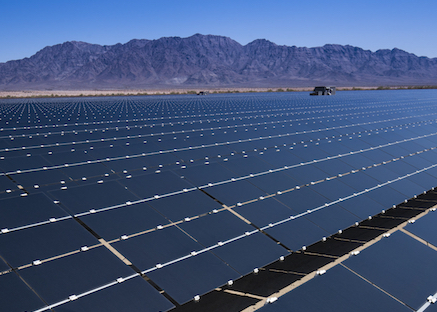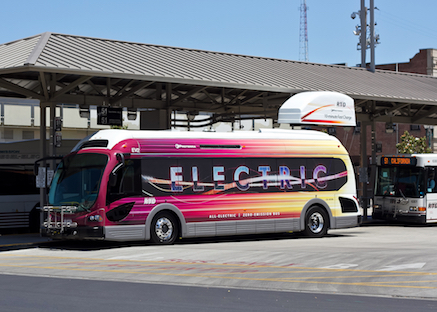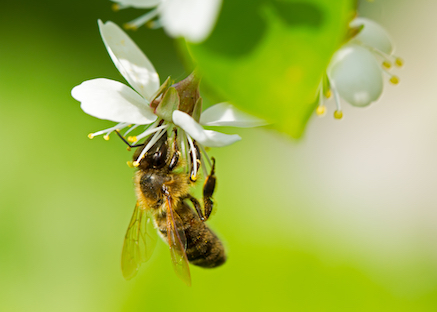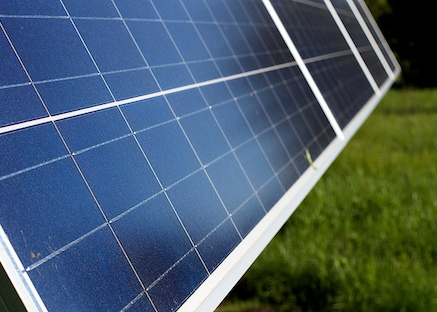Winter 2018 News Briefs
Clean Energy
California makes progress toward a clean energy future

Last year, hurricanes battered coastlines across the country and wildfires ravaged California, killing dozens and leaving nearly 100,000 displaced from their homes. It was a stark reminder that climate change is one of the most critical issues of our time. Despite inaction and denial at the federal level, California is making progress to cut pollution, clean up our air, and protect our future.
Last summer, Environment California supported a successful bipartisan effort to expand the state’s landmark cap-and-trade program—an important tool for slashing global warming pollution.
Environment California built a movement in support of Senate President pro Tempore Kevin de León’s bill to commit California to 100 percent renewable electricity by 2045 (Senate Bill 100), holding press conferences in a dozen cities and face-to-face conversations with hundreds of thousands of Californians. The bill now has overwhelming support from 76 percent of Californians, and while the State Assembly deferred a vote on it until 2018, Environment California will continue to work to see it passed.
Clean Air
Transit agencies driving the electric bus revolution

Last fall, Environment California celebrated a major victory when the Los Angeles City Council voted to electrify the city’s bus fleet by 2030, and to power it with 100 percent clean energy. That means no gasoline, no dirty oil changes and no exhaust. For every compressed natural gas-fueled bus we replace with an electric bus, we’ll save up to 170,000 pounds of carbon emissions each year.
Earlier in the year, LA Metro responded to the campaign and committed to a new all-electric bus fleet by 2030. Taken together, the LA Metro and LA City buses represent more than a quarter of all transit buses in California.
In 2018, Environment California and its allies will continue working to secure additional commitments from transit agencies and school districts across the state, bringing zero-emission commuter and school buses to more Californians.
Conservation
Bee Friendly Food Alliance tops 240

We don’t see many bees flying around in the winter, but we do see the fruits of their labor. Bees pollinate many of the world’s most common crops—so when beekeepers in the U.S. reported losing 33 percent of their honeybee colonies last year, it was clear that losing the bees would have a devastating effect on our food supply.
Last year, Environment America and our national network launched the Bee Friendly Food Alliance—a coalition of chefs, restaurant owners and others in the restaurant industry—to make their voices heard to protect bees. After all, who knows better what we stand to lose without them? And by the end of 2017, more than 240 leaders in the restaurant industry had joined us.
This fall, chefs appeared alongside our staff at media events across the country to shine a spotlight on the Thanksgiving treats made possible by bees, including pumpkin pie, cranberry sauce and green bean casserole. With your support, we’ll continue our work to ban the pesticides that are killing bees.
Clean Energy
Renewables on the rise

In the last decade, clean energy has grown by leaps and bounds. Technologies that were once novelties—solar panels, wind turbines, LED light bulbs, electric cars—have become everyday parts of America’s energy landscape.
Environment California Research & Policy Center released a new report, “Renewables on the Rise,” which found that our country produces nearly eight times more renewable energy from the sun and the wind than in 2007, while the average American uses 10 percent less energy than a decade ago.
But America can and should set her sights higher. We need to meet 100 percent of our energy needs with clean, renewable energy. Learn more about our clean energy progress and how we can push it even further by reading the report here.

